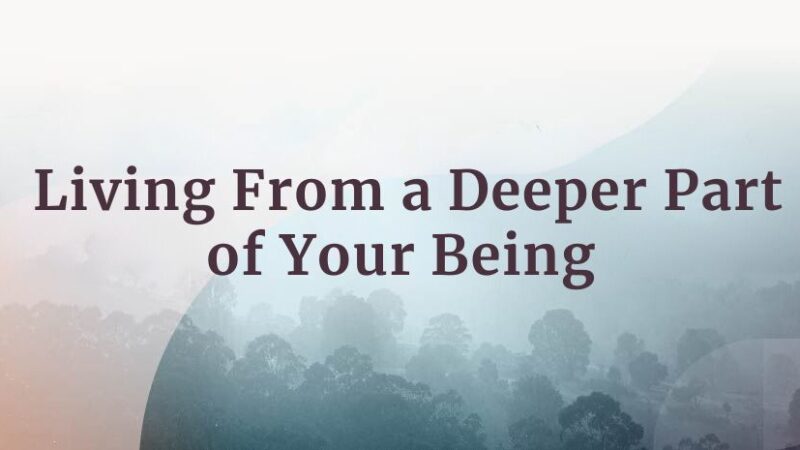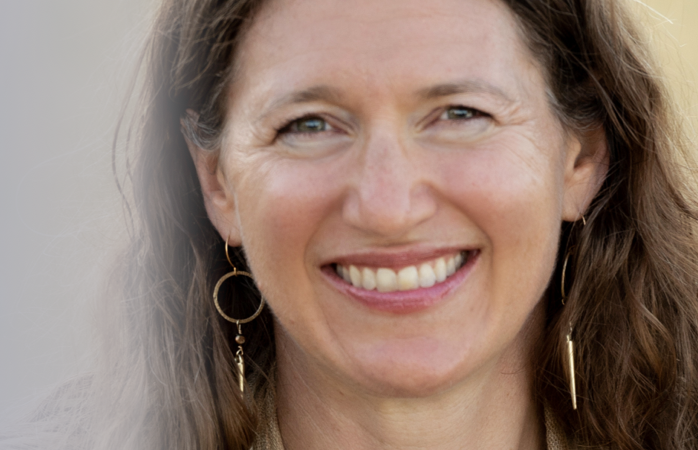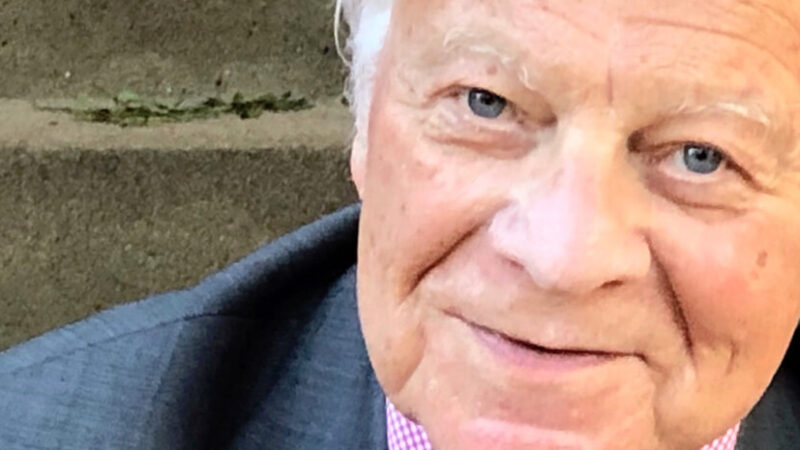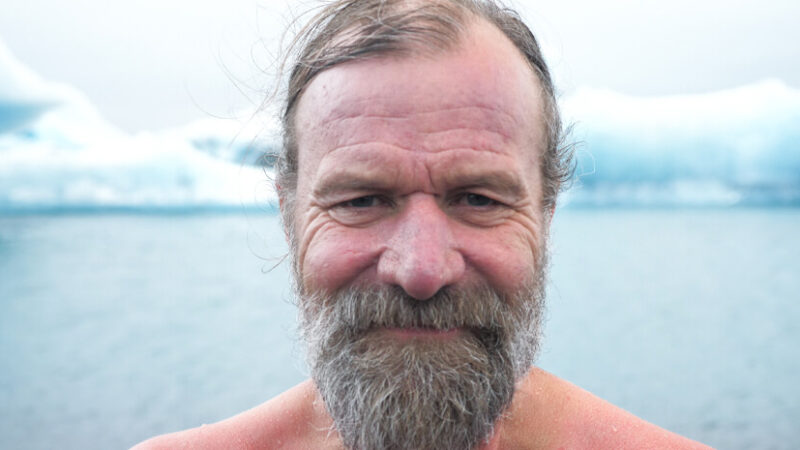Chianti Lomax: Evolving While Black: Happy, Authentic,...
How do Black women grow, transform, and make good use of the power they possess? In her new book, Evolving While Black, inspirational life coach and “Chief Happiness Curator” Chianti Lomax shares a guide to help Black women achieve authentic happiness and liberation on their own terms. This episode of Insights at the Edge brings you into her company with Sounds True founder Tami Simon as they discuss Chianti’s personal journey and the many practical approaches she teaches.
Give a listen to their conversation on: education, the golden key to improving your life; positive psychology; how exposure creates expansion; learning ways to flourish in the face of systemic racism and oppression; listening to hip-hop that empowers us; shifting from poverty to possibility; breaking free from the inherited belief systems that no longer serve you; mindfulness and emotions; what Chianti discovered while skydiving; the challenge of accurately assessing your own level of self-awareness; “polling your crew” to learn how you show up in life; the life satisfaction pie and how much of our happiness is ours to determine; journaling as a vehicle for rewriting your truth; taking your thoughts “to court”; optimism research and the A,B,C, D method; three dimensions of happiness: pleasure and gratification, strength and virtue, and meaning and purpose; self-acceptance and validation; setting healthy boundaries; and more.
Note: This episode originally aired on Sounds True One, where these special episodes of Insights at the Edge are available to watch live on video and with exclusive access to Q&As with our guests. Learn more at join.soundstrue.com.






